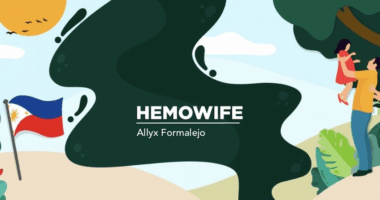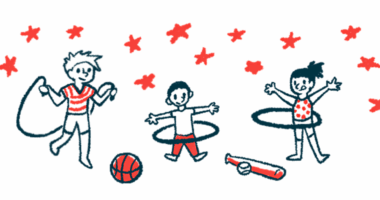We can prioritize our health by learning to say no
Being assertive is key when we know our health is at stake

Saying no has always been a challenge for me. I tend to overcommit, take on too many tasks, and then feel resentful toward the people or activities I didn’t want to engage with in the first place. For instance, I’m now on my condo board because I couldn’t say no when asked.
Living with bleeding disorders like von Willebrand disease and hemophilia B has made it even more crucial for me to say no when necessary. Just this week, while visiting a friend in the Washington, D.C. area, I stepped outside for some fresh air. Despite the 100-degree heat, it felt like home to me, albeit less humid than Florida, where I live.
My friend joined me with her dog and suggested we walk down a nearby path. But I knew my shoes were unsuitable for such a walk. If I had agreed, I likely would’ve ended up with a swollen foot or ankle, a recurring issue for me.
Throughout my life, I’ve struggled with various foot and ankle problems. For example, I once wore Birkenstocks to Disney World, thinking they’d be comfortable. After an hour of walking, the bottoms of my feet were bruised and in pain.
A few years ago, I broke my foot by slamming on the brake pedal during a car accident. Due to my bleeding disorders, the injury took an unusually long time to heal, affecting my life for months. Even now, my foot occasionally and inexplicably swells.
So, when my friend suggested the walk on an uneven path with improper footwear, I said no. I’ve learned to prioritize my health as I’ve gotten older. I didn’t want to be hobbling around for days if I had injured myself.
Because I said no, I enjoyed the rest of my visit, exploring the city’s fabulous museums and other sites — this time with proper footwear.
Factors to consider
Saying no and avoiding overcommitment can be challenging, but I have strategies to better manage my time and responsibilities. Before saying yes, I consider the time, energy, and resources required. I ask myself if it aligns with my priorities and if I genuinely have the capacity to take it on.
Practicing assertiveness is key. Being assertive means expressing your needs and boundaries clearly and respectfully. We can decline invitations without being rude. Helpful phrases include, “I appreciate the offer, but I can’t commit to this right now,” or, “Thank you for thinking of me, but I have other obligations.”
Remember, our well-being is essential. Prioritizing our health and mental peace is a valid reason to decline additional commitments.
By following these strategies, we can develop the ability to say no more comfortably and avoid overcommitting.
Note: Hemophilia News Today is strictly a news and information website about the disease. It does not provide medical advice, diagnosis, or treatment. This content is not intended to be a substitute for professional medical advice, diagnosis, or treatment. Always seek the advice of your physician or another qualified health provider with any questions you may have regarding a medical condition. Never disregard professional medical advice or delay in seeking it because of something you have read on this website. The opinions expressed in this column are not those of Hemophilia News Today or its parent company, Bionews, and are intended to spark discussion about issues pertaining to hemophilia.








Leave a comment
Fill in the required fields to post. Your email address will not be published.